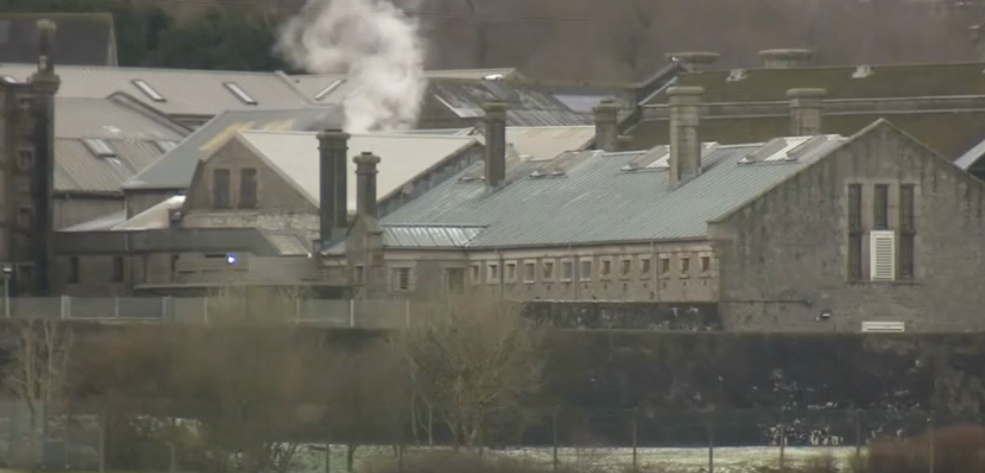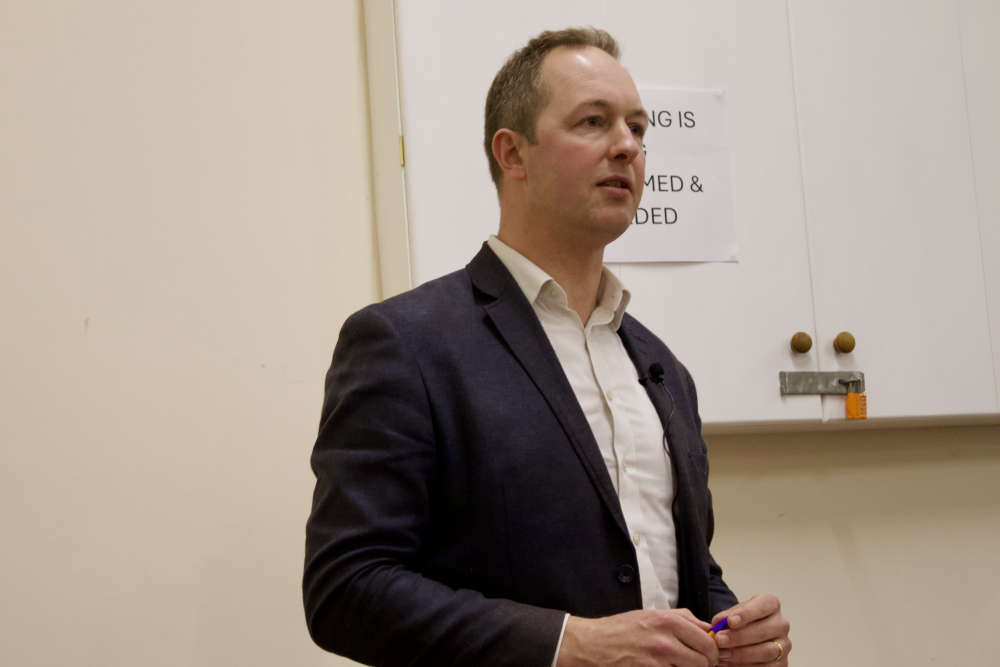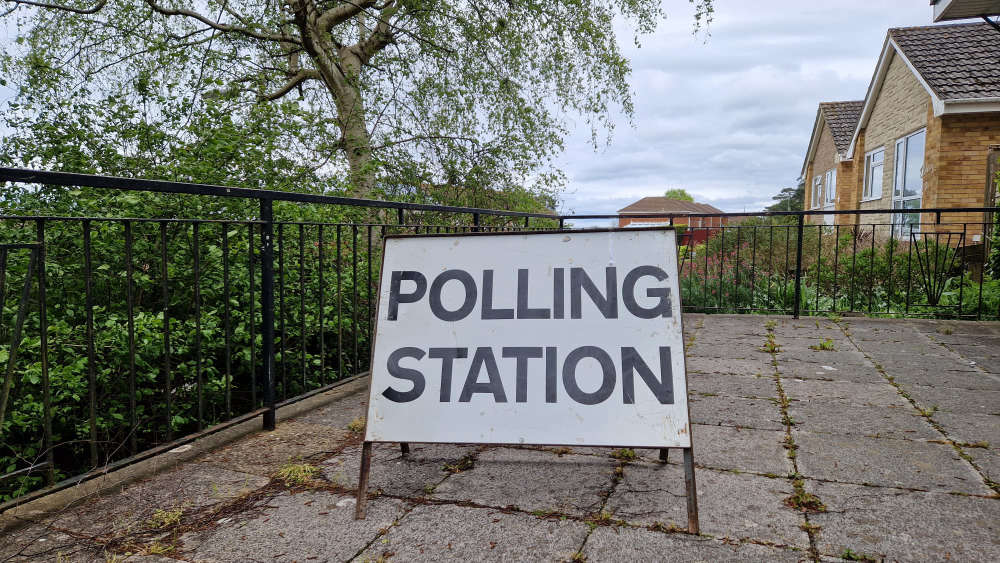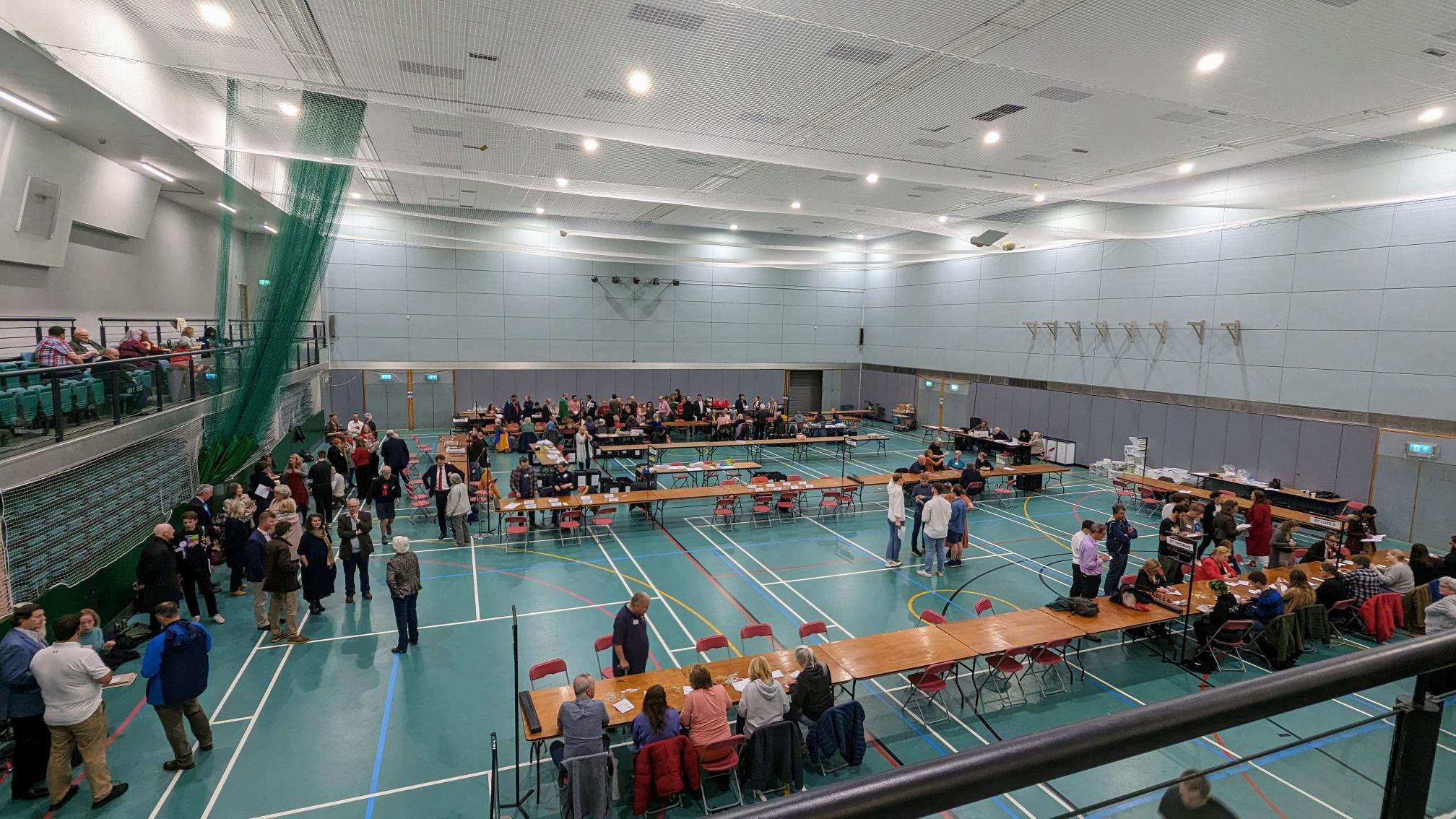
Total of 56 Devon prisoners under indeterminate IPP sentences
Three election candidates have claimed a controversial form of prison sentence introduced by Labour two decades ago should be “urgently reviewed” due to the “significant injustices” they have caused.
A total of 56 prisoners in Devon are understood to be serving Imprisonment for Public Protection, or IPP, sentences, according to campaign group Ungripp.
The sentences have no set end date, and anyone who is released on parole can be recalled to prison at any time for the rest of their life.
The Devon prisoners serving them are split across Channings Wood near Newton Abbot (21 IPP prisoners), Dartmoor (32) and Exeter (three), according to the most recent data from 2022.
The sentences were abolished for new convictions in 2012, but this change was not retrospective and so around 3,000 people nationally are still incarcerated on them.
Recently Lord David Blunkett, who introduced the sentences, said it is the biggest regret of his political life and he never expected people to be serving indeterminate sentences for minor offences such as stealing mobile phones, and that they were designed to keep dangerous offenders behind bars.
Olly Davey, the Green Party candidate running for the Exmouth and Exeter East seat, called IPP sentences a “gross miscarriage of justice”.
“I think all those who have been handed this type of sentence should urgently have their case reviewed by the next government,” he said.
“This could free up a great deal of prison space.”
One of Mr Davey’s independent rivals for the seat, Dan Wilson, called IPP sentences a “huge mistake”.
“David Blunkett, who brought them in as home secretary, admits that and now campaigns for changing them,” he said.
“If elected, I would absolutely support changes with IPP sentences as these prisoners did their time a long time ago.”
Mark Wooding, the Liberal Democrat candidate for Central Devon, said IPP sentences “require a spotlight as there appears to be significant injustices”.
“Prisons are in crisis, overcrowded, understaffed, and failing to rehabilitate offenders,” he said.
“An urgent and rapid response is required… and while this detail is not contained within the Liberal Democrat manifesto, should I be elected, I will commit to meeting [campaign group] Ungripp as a significant grass roots organisation on this issue.”
Ungripp claims the equivalent of four whole prisons could be freed up if IPP prisoners were resentenced.
Mr Wilson said the UK had a “much higher prison population than most of Europe” and that the country imprisons people for failing to pay their TV licence yet “less than two per cent of rapes end in conviction”
“Courts are now put off sending people to prison because they’re at capacity; our prison system is a mess,” he added.
Mr Davey said prison sentencing should be reviewed in general.
“Clearly it has a place. But often a prison sentence raises rather than lowers the risk of re-offending, and I think we should be exploring greater use of community service and a range of other ways of dealing with low-level offenders, including support for drug rehabilitation,” he said.
Mr Wooding added the Ministry of Justice had been “in chaos for much of the successive Conservative governments”.
“Prisoners cannot simply be released, they must be supported,” he said.
“I would advocate the release of those incarcerated for low-level offences, such as attempted mobile phone theft, but where there must be adequate levels of support.
“Prisons are for the serious crimes that have life-changing effects on victims.”
All three called for some form of improvement in the prison system, whether it be a modernisation of facilities or more guards.
Ungripp which campaigns for changes to the indeterminate sentences, said the Prison Governers’ Union had branded IPPs a “blot on our legal system”, while the United Nations spokesperson on torture, Dr Alice Edwards, described them as “psychological torture”.
 Foord beats Jupp for new Devon seat
Foord beats Jupp for new Devon seat
 Devon election: Live Blog
Devon election: Live Blog
 General Election Devon: we're here through the night
General Election Devon: we're here through the night
 Polling card fiasco in East Devon
Polling card fiasco in East Devon
